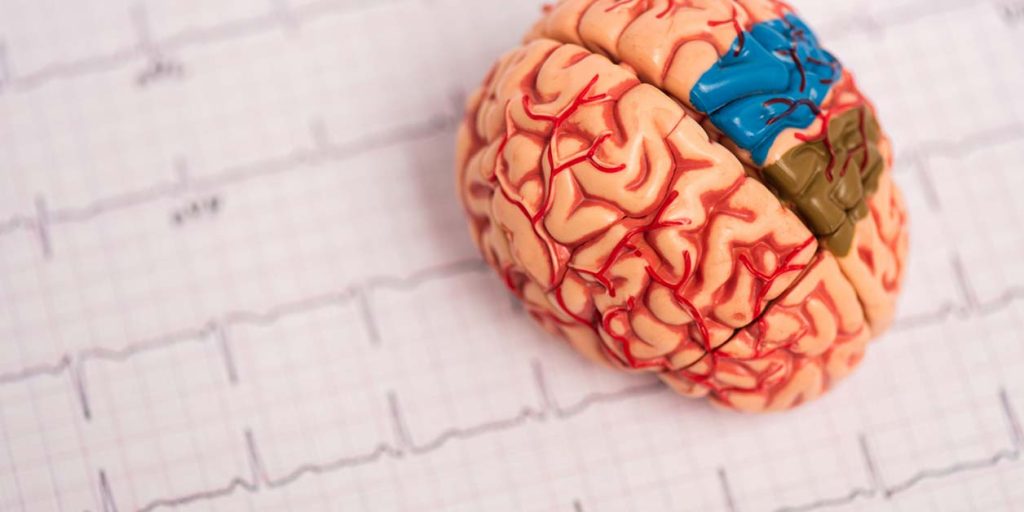Have you ever wondered if ADHD is a genetic disorder or if you can be born with it? Understanding the causes, early signs, diagnosis, and long-term effects of ADHD is essential for managing this condition effectively.
This article will explore the different types of ADHD, treatment options, alternative therapies, and how ADHD can impact relationships and careers. Stay tuned to learn more about supporting someone with ADHD and whether this condition is overdiagnosed in children.
What Is ADHD?
ADHD, or Attention Deficit Hyperactivity Disorder, is a neurodevelopmental condition commonly observed in children characterized by symptoms of impulsivity, inattention, and hyperactivity.
Children with ADHD often struggle with maintaining focus, following instructions, organizing tasks, and sitting still for extended periods. These core symptoms can impact various aspects of their lives, including academic performance, social interactions, and self-esteem.
The impulsivity associated with ADHD may manifest in impulsive decision-making, interrupting others, or difficulty waiting for their turn. The inattention aspect can lead to forgetfulness, careless mistakes, and difficulty completing tasks. Early recognition and intervention are crucial in managing this childhood disorder effectively.
Is ADHD a Genetic Disorder?
ADHD is believed to have a significant genetic component, with research suggesting a hereditary link and genetic predisposition to the disorder.
Studies have shown that individuals with a family history of ADHD are more likely to develop the disorder themselves, indicating a strong genetic influence. Inheritance patterns of ADHD often follow a complex, multifactorial model, where multiple genes and environmental factors interact to contribute to the risk of developing the condition. Certain genetic variations have been identified as potential risk factors for ADHD, highlighting the importance of genetic predisposition in understanding the underlying mechanisms of the disorder.
While genetics play a crucial role in the development of ADHD, environmental influences also play a significant role in shaping its manifestation.
What Are the Causes of ADHD?
While genetic factors play a significant role in ADHD, environmental factors, alterations in brain chemistry, dopamine levels, and neuroimaging studies also contribute to the complex etiology of the disorder.
Environmental factors like prenatal exposure to toxins, maternal smoking, or lead exposure have been linked to an increased risk of developing ADHD. Abnormalities in brain chemistry, such as neurotransmitter imbalances, can impact attention and impulse control. Dopamine dysregulation, a key neurotransmitter involved in reward and motivation, is often implicated in ADHD.
Neuroimaging studies have shown differences in brain structure and function in individuals with ADHD, providing further insights into the biological underpinnings of the condition.
Can You Be Born with ADHD?
Individuals can exhibit signs of ADHD from a young age, indicating that the disorder can potentially be present from birth due to genetic predisposition and early childhood developmental factors.
Some key early signs of ADHD in children include impulsivity, hyperactivity, and inattention, which can manifest as young as preschool age. Studies suggest that children with a family history of ADHD are more likely to display these behaviors early on.
Difficulties in social interactions, poor academic performance, and trouble following instructions are common indicators of the disorder in early childhood. Recognizing these signs and seeking professional evaluation and intervention can help in managing this childhood disorder effectively.
What Are the Early Signs of ADHD in Children?
Identifying the early signs of ADHD in children is crucial for providing appropriate interventions, including neurodevelopmental assessments, school accommodations, and parental involvement.
ADHD in childhood can manifest through key indicators such as inattention, hyperactivity, and impulsivity. Children may struggle with focusing on tasks, following instructions, and staying organized. These neurodevelopmental characteristics can impact academic performance and social interactions.
Strategies for school accommodations may involve creating a structured environment, providing visual aids, and offering breaks to help manage ADHD symptoms in the classroom. Parental involvement plays a vital role in supporting children with ADHD, including advocating for their educational needs, establishing routines at home, and collaborating with teachers and healthcare professionals to ensure a holistic approach to treatment.







